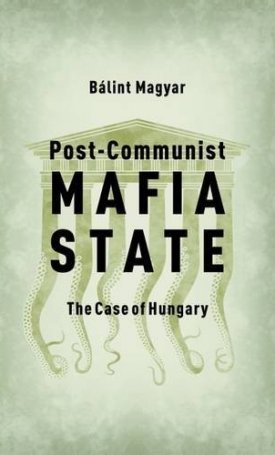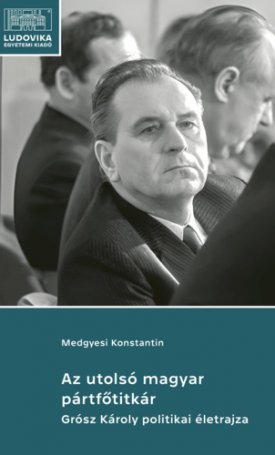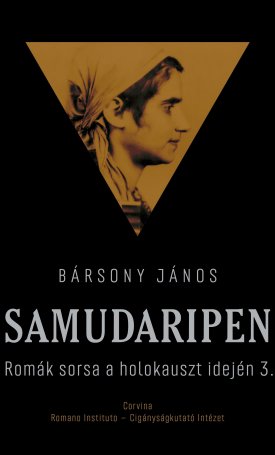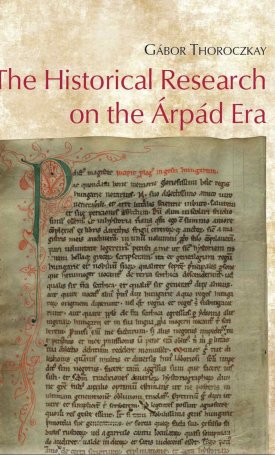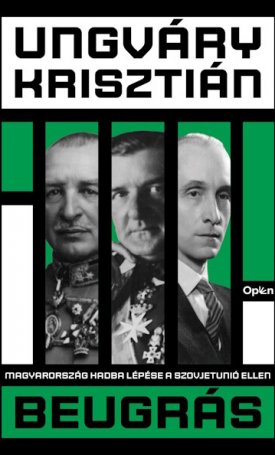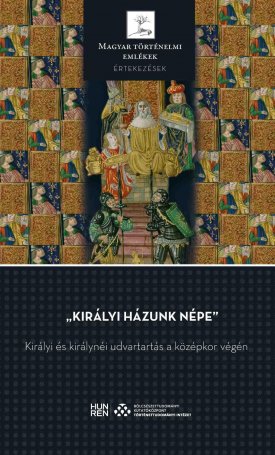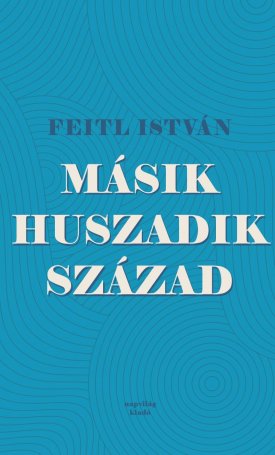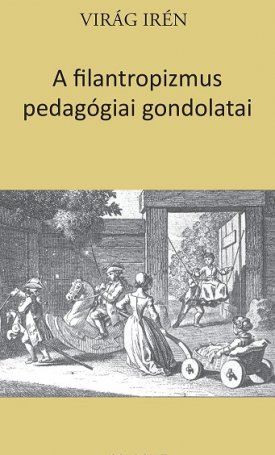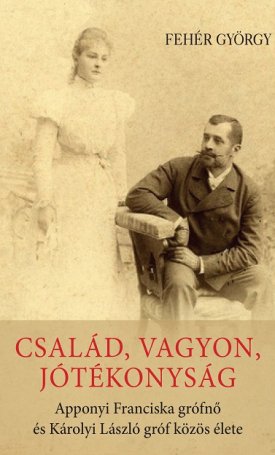Post-Communist Mafia State - The Case of Hungary
ISBN: 9786155513541
Language: english
Size: 155*228
Weight: 453 g
Page no.: 312
Publish year: 2016
Post-Communist Mafia State - The Case of Hungary
Magyar Bálint (Budapest, 1952), szociológus és liberális politikus, egykori oktatási miniszter, a Szabad Demokraták Szövetségének alapító tagja.
Bálint Magyar, born in 1952, a sociologist and a liberal politican. From 2002 until 2006 he held the position of Minister of Education and Science.
Magyarország ma egy posztkommunista maffiaállam. E kifejezésben a posztkommunista a keletkezésének körülményeire és kiinduló feltételeire utal, vagyis arra, hogy ez még ha megkésetten is az állami tulajdon monopóliumával párosuló egypárti diktatúra bomlása nyomán létrejövő rendszer. A maffiaállam pedig működésének természetét határozza meg. Ami nálunk 1998 és 2002 között elindult, majd 2010 óta kiteljesedett, azt leginkább az egykori Szovjetunió utódállamainak többségében történtekkel Putyin Oroszországával, Azerbajdzsánnal, vagy más közép-ázsiai volt szovjet tagköztársaságokkal lehetne rokonítani, csak a rendszerváltás óta nálunk bejárt politikai evolúciós út volt más.
A posztkommunista maffiaállam magyarázó modellje a rendszer egészére próbál koncentrálni, nem pusztán egyes jelenségekre, amelyek esetleg más rendszerekben is előfordultak.
Having won a two-third majority in Parliament at the 2010 elections, the Hungarian political party Fidesz removed many of the institutional obstacles of exerting power. Just like the party, the state itself was placed under the control of a single individual, who since then has applied the techniques used within his party to enforce submission and obedience onto society as a whole. In a new approach Bálint Magyar characterizes the system as the organised over-world, the state employing mafia methods and the adopted political family, applying these categories not as metaphors but elements of a coherent conceptual framework.
The actions of the post-communist mafia state model are closely aligned with the interests of power and wealth concentrated in the hands of a small group of insiders. While the traditional maffia channeled wealth and economic players into its spheres of influence by means of direct coercion, the mafia state does the same by means of parliamentary legislation, legal prosecution, tax authority, police forces and secret service. The innovative conceptual framework of the book is important and timely not only for Hungary, but also for other post-communist countries subjected to autocratic rules.




